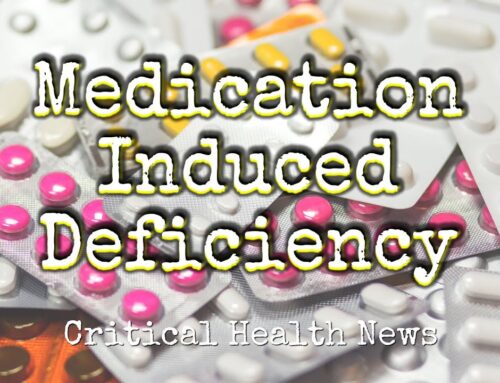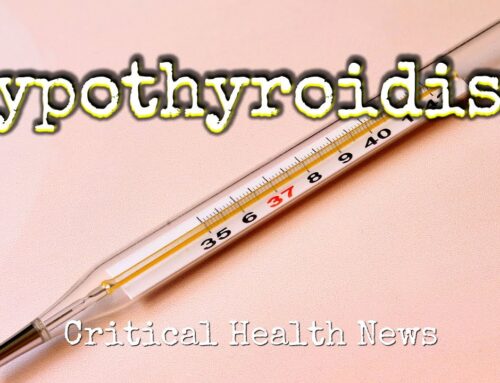While it’s a source of much confusion and misunderstanding, in reality the biochemical process of methylation is as simple to understand as it is important. You could think of methylation as the transfer of a piece of one biochemical onto another. This piece that’s transferred is called a methyl and thus the term methylation, which describes the movement of this chunk from molecule A to molecule B.
Methylation occurs billions of times a second. It is critical for numerous metabolic functions, and it has an activating effect for countless cellular processes. Some of the molecules in the body that depend on methylation for their activation include genes, hormones and neurotransmitters. Methyl transfer plays a critical role in liver detox, it can suppress inflammation and it plays a vital role in the health of the eyes.
A key substance in the chemistry of methylation is folic acid, which is reacted upon by an enzyme called MTHFR. This turns folic acid into a methylation machine. Under conditions of blood toxicity, cigarette smoking, illness and nutritional deficits deficiencies in the MTHFR enzyme can cause methylation problems and subsequent poor health.
If you have been told that you have an MTHFR deficiency, it’s critical that you support the methylation process with supplements including methylfolate, vitamin b6 and b12, vitamin d, lecithin, magnesium and choline. You can also eat your methyls in foods and enjoying eggs, beets, legumes, grains, green leafy and cruciferous vegetables are all delicious and healthy ways to support quality methylation.










